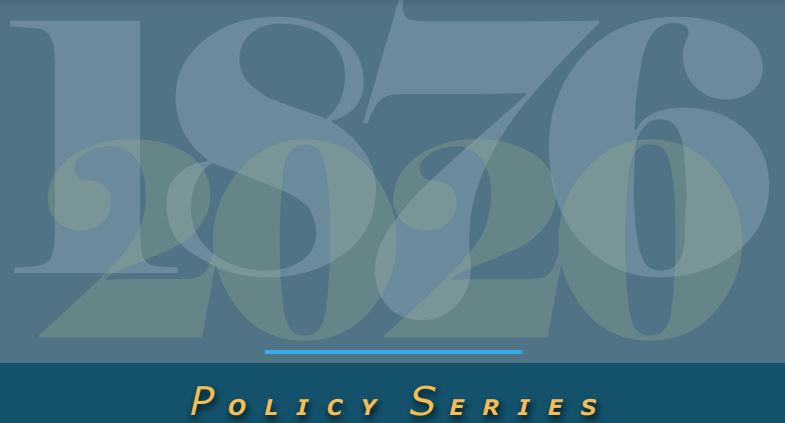It is no secret that the Indian Act is universally reviled among Indigenous leaders and activists,
yet none of them really have come up with a realistic plan to repeal or move away from it. There
have been some attempts to remove major parts of the legislation over the years, but they
have all ended in failure. The fact of the matter is that the Indian Act and the reserve system
it created is all that Indigenous communities have known for almost 150 years. Consequently,
it has deep roots in the psyche of Indigenous peoples and the Canadian public, and is the main
paradigm through which we view Indigenous affairs.
This paper seeks to present a realistic plan for First Nations to move out from the Indian Act
over a long period of time. This so-called “Zero-in-Ten” plan is to create a situation where zero
provisions of the Indian Act are applicable to First Nation communities in 10 years.
Read Entire Policy Series Paper 229 Here



